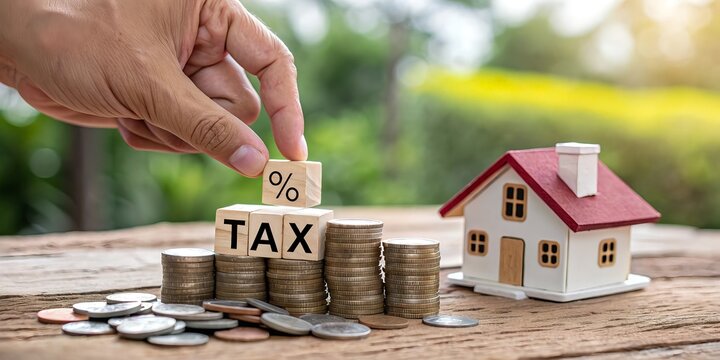Stamp Duty and Transfer Tax Essentials
Stamp duty represents one of the largest upfront costs when buying property, typically calculated as a percentage of the purchase price. Rates vary significantly based on property value, with higher-value properties subject to progressive tax brackets. Understanding these thresholds helps buyers budget accurately and potentially time their purchases strategically.
Many jurisdictions offer stamp duty concessions for specific buyer categories, including first-time purchasers, veterans, or those buying in designated development areas. Additionally, some regions provide temporary relief measures or reduced rates during certain periods. Researching available concessions and ensuring you meet eligibility criteria can result in substantial savings on your property purchase.

:max_bytes(150000):strip_icc()/tax-refund.asp-FINAL-1-a62b8951c8dd46a09dbb3f2b35ba75ab.png)


